Understanding the Costs of Custom Home Building
Calculating the costs of building a custom home involves several components that a homeowner needs to consider. On the surface, it’s easy to assume that starting from scratch will naturally be more expensive, but this isn’t always the case. Custom home building involves a detailed process where each step contributes to the overall cost. Understanding what a builder grade home is can also play a significant role in this process, as it can influence your decisions during the custom building phase.
Land Acquisition and Preparation: The first expense in custom home construction is securing a suitable plot and preparing it for building. This includes site clearing, soil testing, and any necessary grading work. Depending on the location, the costs can vary significantly. For example, urban plots often come with higher price tags compared to rural sites. To learn more about the overall expenses involved, check out this article on How Much Does It Cost To Custom Build A Home.
Design and Planning: Engaging architects and designers to create a personalized layout is another significant expense. The more customized and intricate the design, the higher the cost. However, investing in experienced professionals can lead to a layout that maximizes efficiency and satisfies all personal design preferences.
Construction and Materials: The choice of materials influences both the cost and the quality of the home. High-end finishes, sustainable options, and luxury fixtures can drive up expenses. Additionally, the methods chosen for construction, such as modular versus traditional building, might affect the cost but can offer savings or efficiencies in the long-term.
Permits and Regulations: Navigating local building codes and securing necessary permits is another crucial stage. Any delays or revisions in plans to meet these regulations can add to the cost.
Comparison against the alternative—home additions—shows that while custom builds can be pricey, they present a unique opportunity for the homeowner to fully implement their vision without having to accommodate existing structures. Thus, each potential new homeowner must meticulously account for these variables. Only then can the true comparison of value be made between building anew or adding to an existing structure.
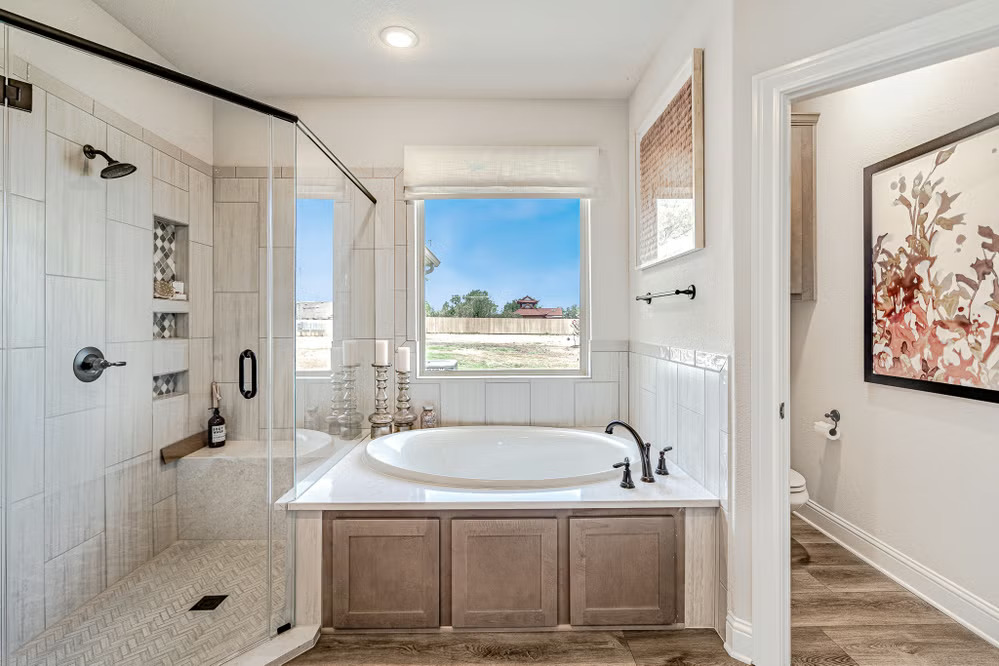
Factors That Influence the Price of Custom Homes
Understanding factors that influence the price of custom homes is vital for making informed decisions. Here’s a closer examination of the most critical elements affecting costs, allowing us to address the core concern: is building a custom home more expensive than a home addition?
Site Location and Conditions: The location greatly impacts costs. Urban locations typically incur higher costs for land and labor. Furthermore, site conditions such as the presence of rocks or water can add complexity, requiring additional engineering measures.
Design Complexity: Custom homes can range from simple designs to architecturally intricate masterpieces. Complexity in design often translates to higher costs due to specialized labor or materials. Additionally, complex designs might require more time to construct, further increasing expenses.
Material Quality and Sustainability: The choice of materials is critical. High-end materials like marble or hardwood can substantially increase the build cost. However, sustainability options, like solar panels or rainwater harvesting systems, although initially costly, can provide savings in the form of energy efficiency in the long run.
Builder’s Experience and Expertise: Choosing the right contractor is crucial. Experienced builders ensure quality work and reduce chances of costly errors. For instance, if considering home additions, seasoned addition builders might leverage their expertise to seamlessly blend new constructs with existing structures, minimizing discrepancies and disruptions.
Timing and Economic Conditions: Economic factors such as inflation, labor shortages, or fluctuations in material costs can influence prices significantly. Building during a high-demand period may also increase expenses due to the scarcity of resources.
These factors are interconnected and collectively influence whether building a custom home is indeed more expensive or not. Focusing solely on upfront costs without considering long-term benefits and personalized living experience may lead homeowners to an incomplete financial analysis.
Comparing Custom Home Building to Home Additions
Comparing custom home building to home additions is crucial in understanding the financial and practical implications of each option. There is a significant contrast between creating a new structure from the ground up and expanding an existing one, not just in expense but also in outcome and potential headache.
First, consider the aspect of versatility and customization. Custom home building provides homeowners the unique opportunity to design every feature and aspect from the ground up. You begin with a blank canvas, which means there are virtually no limitations on how you architect your living space. Certainly, this flexibility comes with a premium, as each custom element adds to the overall cost.
In contrast, home additions are generally less expensive, primarily because they leverage the existing infrastructure of a home. However, this approach involves working within the constraints of the existing design. The level of customization is somewhat limited compared to that of a new build. Homeowners might find themselves needing to compromise on design aspects to preserve structural integrity or match new additions with the old parts of the house.
Time and disruption play significant roles in deciding between these paths. Building a custom home is generally a lengthier process compared to home additions due to the time needed for design approval, permitting, and construction. It may take a year or more to complete a new home build. Meanwhile, home additions can sometimes be completed in shorter timeframes, depending on their scale. This difference significantly affects the living situation and planning phase for the family involved.
Another aspect is the potential for immediate value addition versus long-term gains. Home additions can often deliver a quicker bump in home value by adding usable space or fixing shortcomings in the existing property. In contrast, a custom home may require a greater initial outlay but can provide significant long-term value gains through its bespoke nature and modern efficiency features.
Therefore, when pondering the question “is building a custom home more expensive,” one must weigh not just costs but the value each option brings in alignment with personal needs and lifestyle goals.
Cost-Saving Tips for Custom Home Construction
For those who find themselves enthusiastic about building a custom home yet apprehensive about the costs, fear not. Implementing strategic cost-saving tips for custom home construction can make this dream more achievable without compromising design or quality.
1. Smart Design Planning: Initially, it’s crucial to work closely with the architect to plan an efficient layout that minimizes wasted space and maximizes functionality. Choosing straightforward designs over complex layouts saves money without necessarily sacrificing the home’s visual appeal. Open floor plans, which use fewer walls, can also be a cost-effective choice.
2. Be Strategic with Square Footage: Rather than maximizing square footage, focus on intelligent use of space. A slightly smaller home with smart storage solutions and multipurpose rooms can maintain comfort while cutting costs. This approach also reduces utility expenses in the long run, contributing to ongoing savings.
3. Materials Selection: Opt for cost-effective materials that maintain desired aesthetics. For instance, choosing engineered wood instead of hardwood can significantly reduce expenses. Also, explore material alternatives that mimic the look of high-end finishes but are more economical.
4. Energy Efficiency Considerations: Investing in energy-efficient fixtures and systems might require an upfront investment but will result in significant savings over time. Energy Star-rated appliances, high-quality insulation, and LED lighting can all contribute to reducing utility bills.
5. Phased Construction: If budget constraints are tight, consider building in phases. This strategy involves prioritizing essential spaces first and adding other rooms or features as finances allow. Phased construction allows you to have a completed home quickly while pacing other expenses over time.
6. Hire an Experienced Contractor: An experienced builder can offer insights on reducing costs without cutting corners on quality. They may have established networks for sourcing reasonably priced materials and subcontractors. Additionally, their management skills can prevent budget overruns, which are common in construction projects.
By employing these cost-saving strategies, building a custom home doesn’t have to be financially daunting. When faced with the question of whether building a custom home is more expensive, these approaches offer potential pathways to balance dream designs with practical savings.
Pros and Cons of Building a Custom Home
Building a custom home presents both opportunities and challenges that homeowners should carefully consider. By understanding these pros and cons, individuals can determine the best course for their housing needs and whether building a custom home is more expensive than other options like home additions.
Pros:
1. Complete Customization: One of the paramount advantages of building a custom home is the ability to design it exactly how you want it. From room layouts to finishing touches, everything can be tailored to meet personal preferences and lifestyle needs.
2. Modern Amenities: New custom homes can incorporate the latest advancements in technology and energy efficiency, ensuring that you benefit from innovations such as smart home systems, state-of-the-art appliances, and sustainable materials.
3. Investment in Value: Custom homes, designed with high-quality craftsmanship and materials, tend to hold their value well and are attractive to future buyers. Customization gives your home a unique appeal that sets it apart in the real estate market.
Cons:
1. Higher Initial Costs: A significant drawback to custom home building is the higher upfront costs involved compared to purchasing an existing home or opting for an addition. Every element of the home will need to be factored in, from land acquisition to design and construction.
2. Longer Completion Time: Custom homes generally take a year or more to complete, which is a considerable waiting period compared to the much quicker timeline of home additions or renovations.
3. Potential Stress and Management: Managing the construction of a custom home involves coordinating with architects, contractors, and various trades, which can be stressful and time-consuming for someone unfamiliar with the process. Employing professional help is essential, especially if you’ve experienced unreliable contractors in the past.
Overall, while custom homes offer a level of personalization and modernity that’s hard to match, they require commitment and investment. Understanding whether building a custom home is more expensive depends on evaluating these factors vis-a-vis your financial and personal readiness.
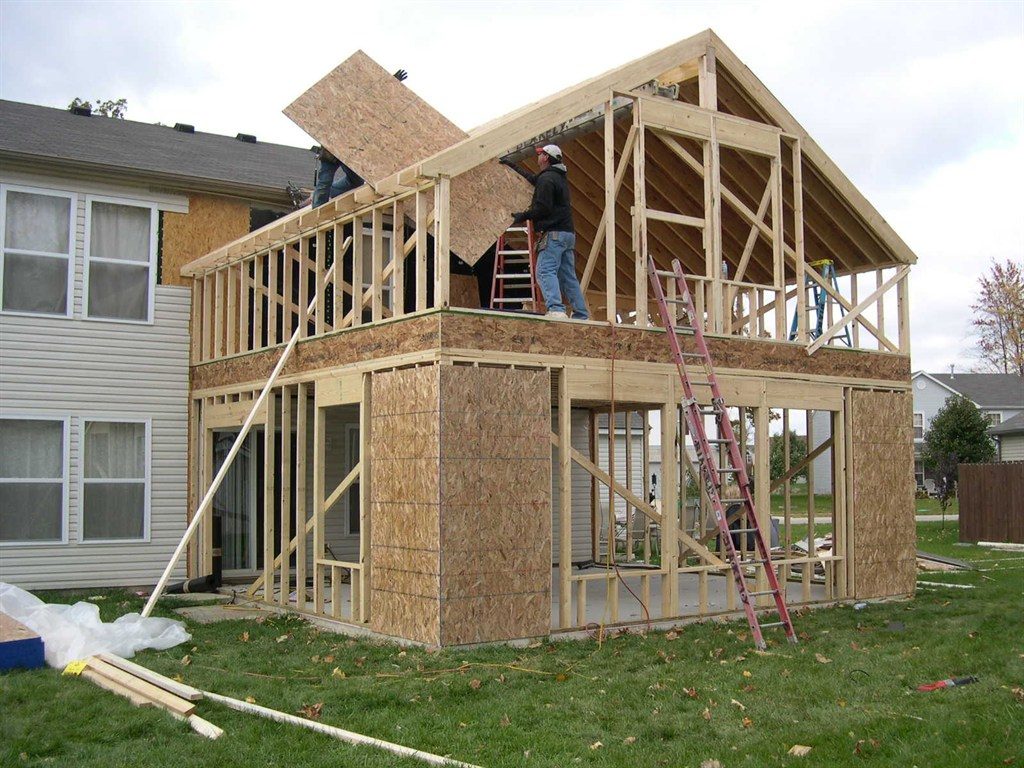
Why Hire Experienced Addition Builders?
When considering expanding your home rather than going for a complete rebuild, engaging experienced addition builders comes with distinct advantages. This decision can be as impactful as choosing to build a custom home, particularly if the nuances and details of construction aren’t your forte.
Expertise in Seamless Integration: Experienced builders ensure that any additions blend naturally with your existing home. This integration goes beyond aesthetic alignment; it also involves matching architectural styles, ensuring structural soundness, and maintaining balance within the existing design. These professionals understand the intricacies of tying in new construction with older structures, which can be challenging without expert guidance.
Efficiency in Problem Solving: Seasoned addition builders possess the skills to navigate unforeseen challenges such as design complications or material shortages efficiently, minimizing potential delays and cost overruns. Their ability to foresee issues and offer solutions ensures process fluidity, making stress-free project management more attainable. If you’re curious about how much it costs to build a multifamily home, understanding these efficiencies can significantly impact your overall budget and planning strategy.
Knowledge of Local Regulations: Familiarity with the local building codes and regulations is vital. A well-versed builder has navigated these waters several times before, ensuring the process of securing necessary permits is smooth and any potential legal hurdles are preemptively addressed.
Quality and Durability Assurance: Reliable addition builders do not compromise on quality or durability. They use proven construction techniques and quality materials that ensure the longevity and resilience of additions, aligning with the homeowner’s values of quality craftsmanship. When considering must haves when building a new home, it’s crucial to prioritize these aspects for a successful project.
Potential for Cost Savings: Employing an experienced builder might initially appear more costly than opting for less seasoned contractors. However, their ability to prevent mistakes or reworks saves money in the long run. Additionally, they might have access to competitive prices for materials through established supplier relationships.
In conclusion, selecting experienced addition builders ensures your project is executed impeccably, aligning with your vision while mitigating the stress typically associated with home renovations. This ensures a positive outcome whether the choice was for an addition or a new custom build.
Conclusion: Is Building a Custom Home Worth It?
In conclusion, we’ve thoroughly explored the inquiry, “Is building a custom home more expensive”? The answer isn’t a simple one, as it involves weighing various aspects and aligning them with your personal priorities and financial situation.
Building a custom home, although often associated with higher initial costs, provides unparalleled customization and integration of state-of-the-art features. This makes it particularly appealing for those seeking a home that closely reflects their personal tastes and offers modern functionality advancements. However, these benefits come with the need for significant investment and patience until completion, often a year or more.
Comparatively, home additions can be a cost-effective path to achieve extra space while preserving some of the existing structural elements. While they offer a quicker and generally less expensive solution to achieving more space, customization is naturally limited by existing layouts, and finding the perfect harmony between new and old can be challenging.
Ultimately, the decision often boils down to a balance between budget constraints, timeline flexibility, and personal aspirations for your living space. For those with the means and desire for a completely bespoke living experience, a custom home might justify its expense over time with unique appeal and potential future resale value.
In conclusion, the question of whether building a custom home is more expensive depends on individual circumstances and specific requirements. With the support of seasoned professionals, whether aiming for a custom home or considering additions, homeowners can realize a rewarding, long-term enhancement of their dwelling spaces aligned with their vision and lifestyle goals.

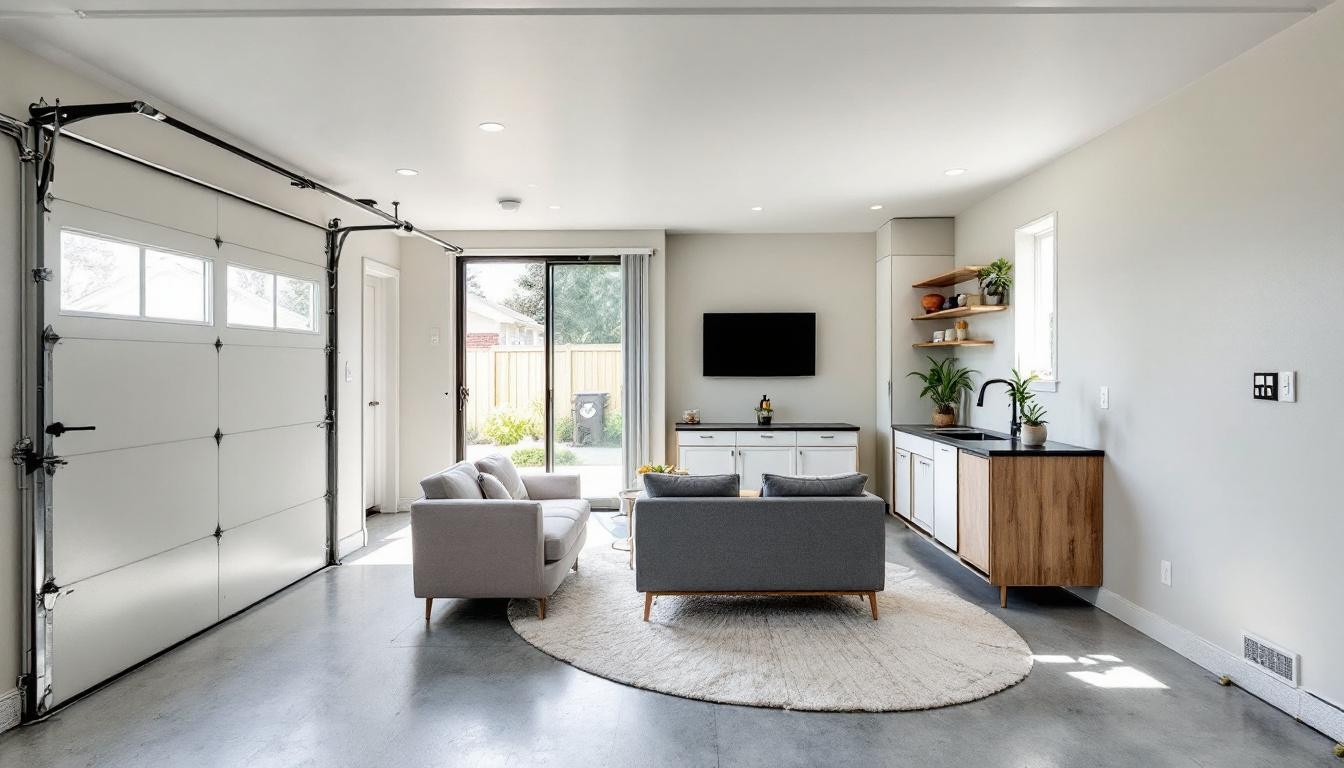
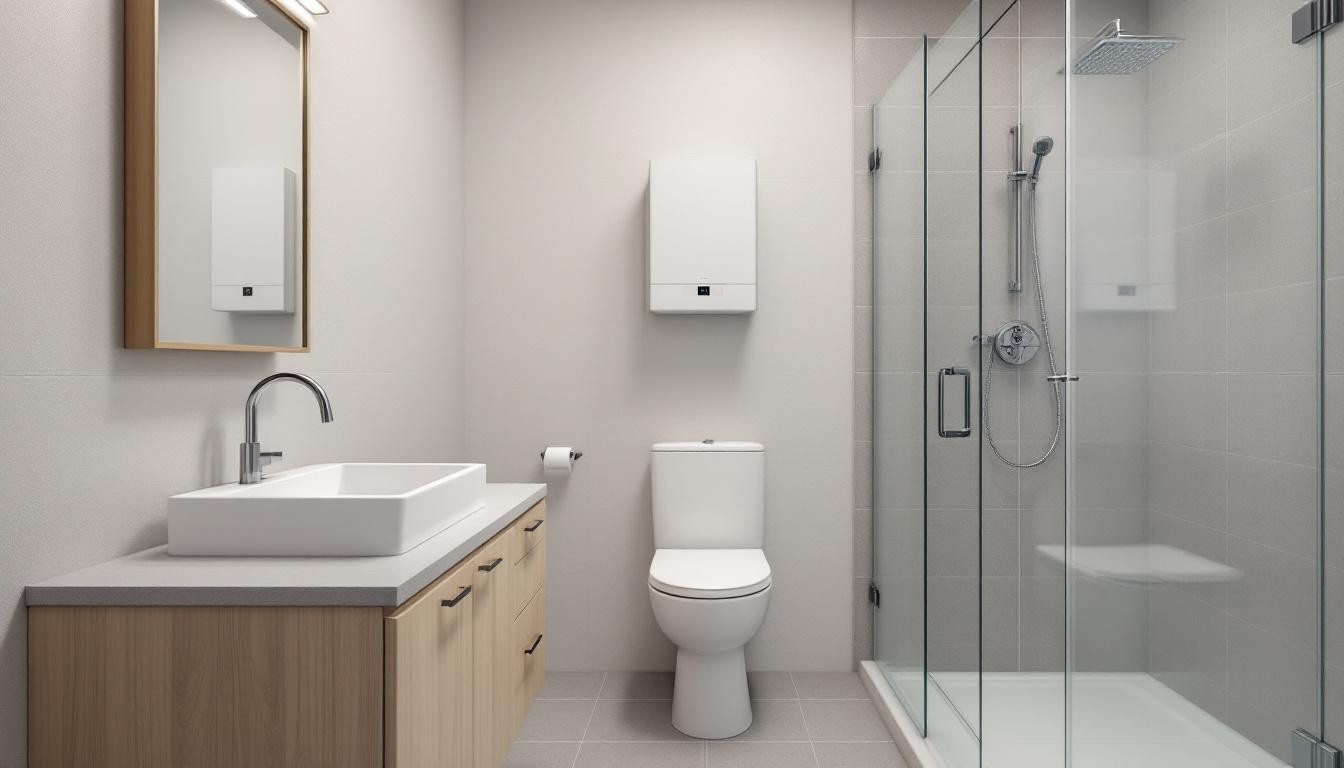
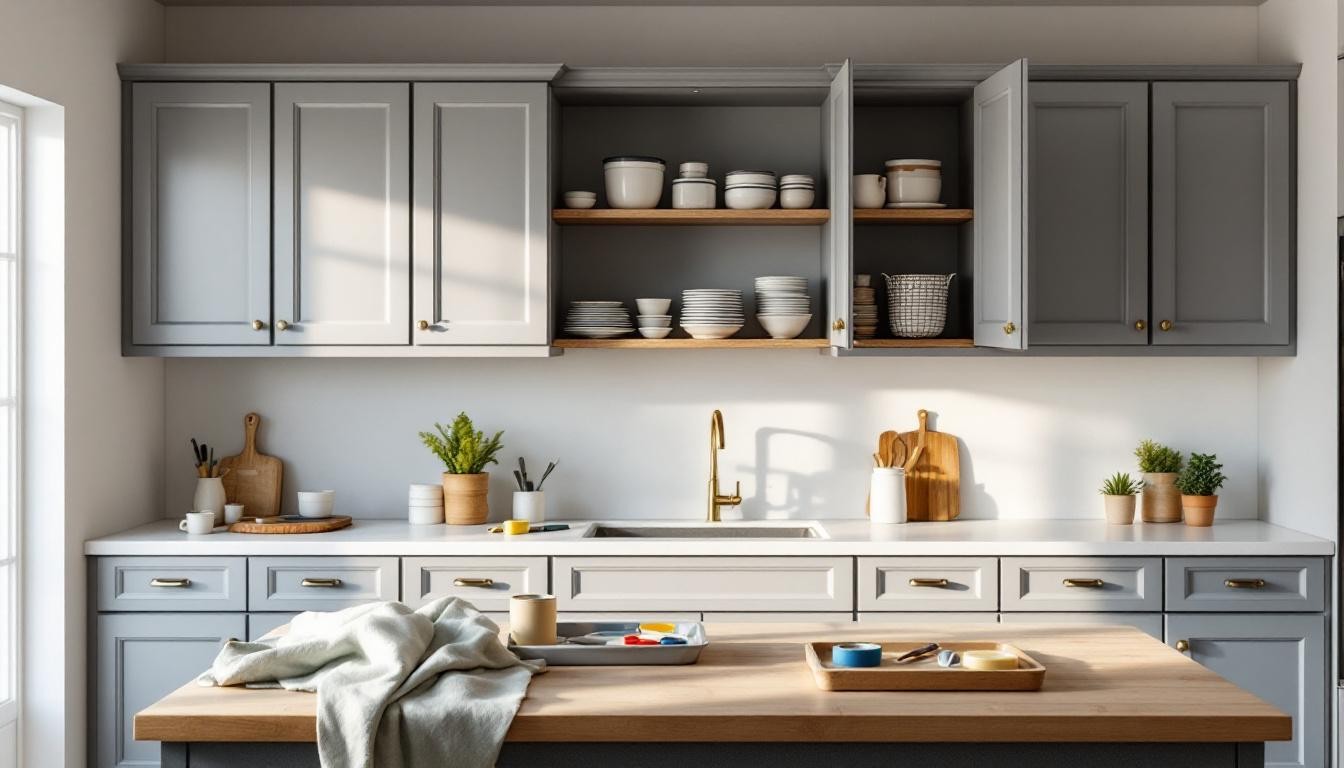
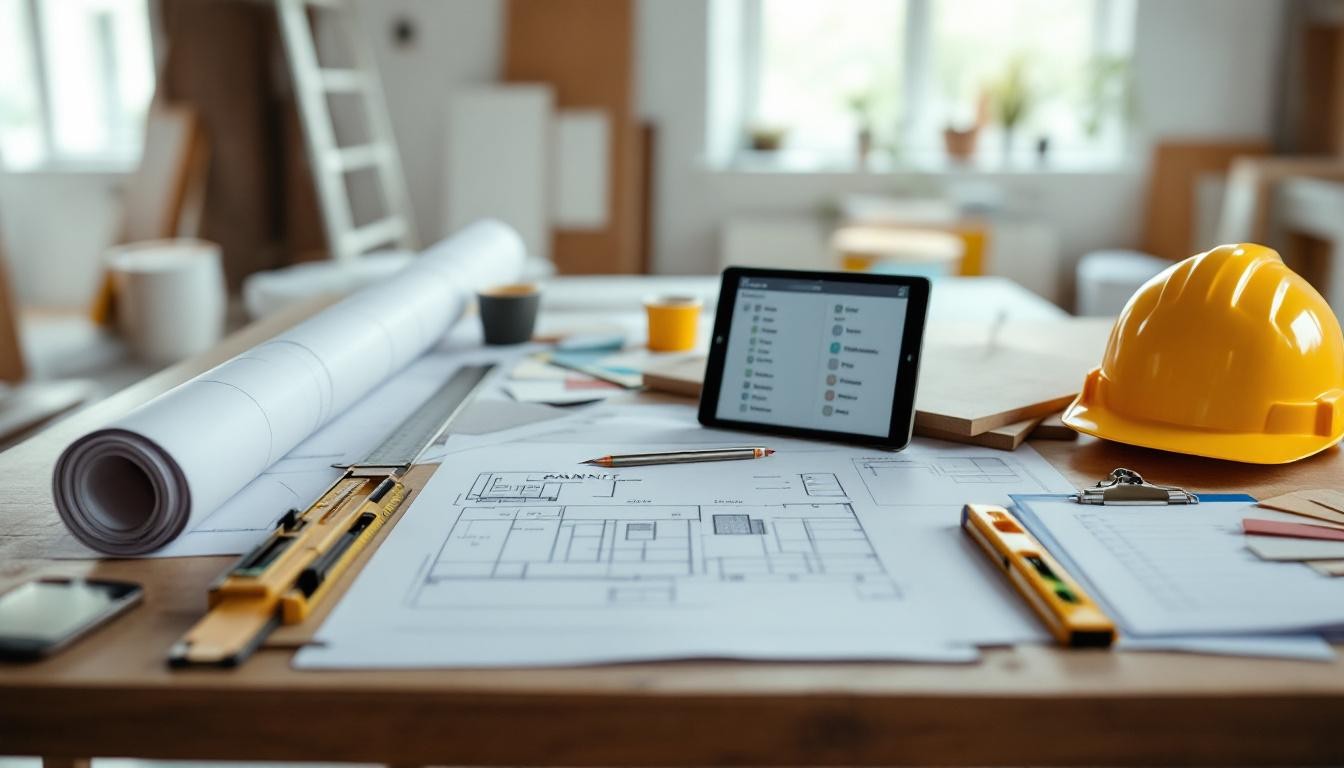
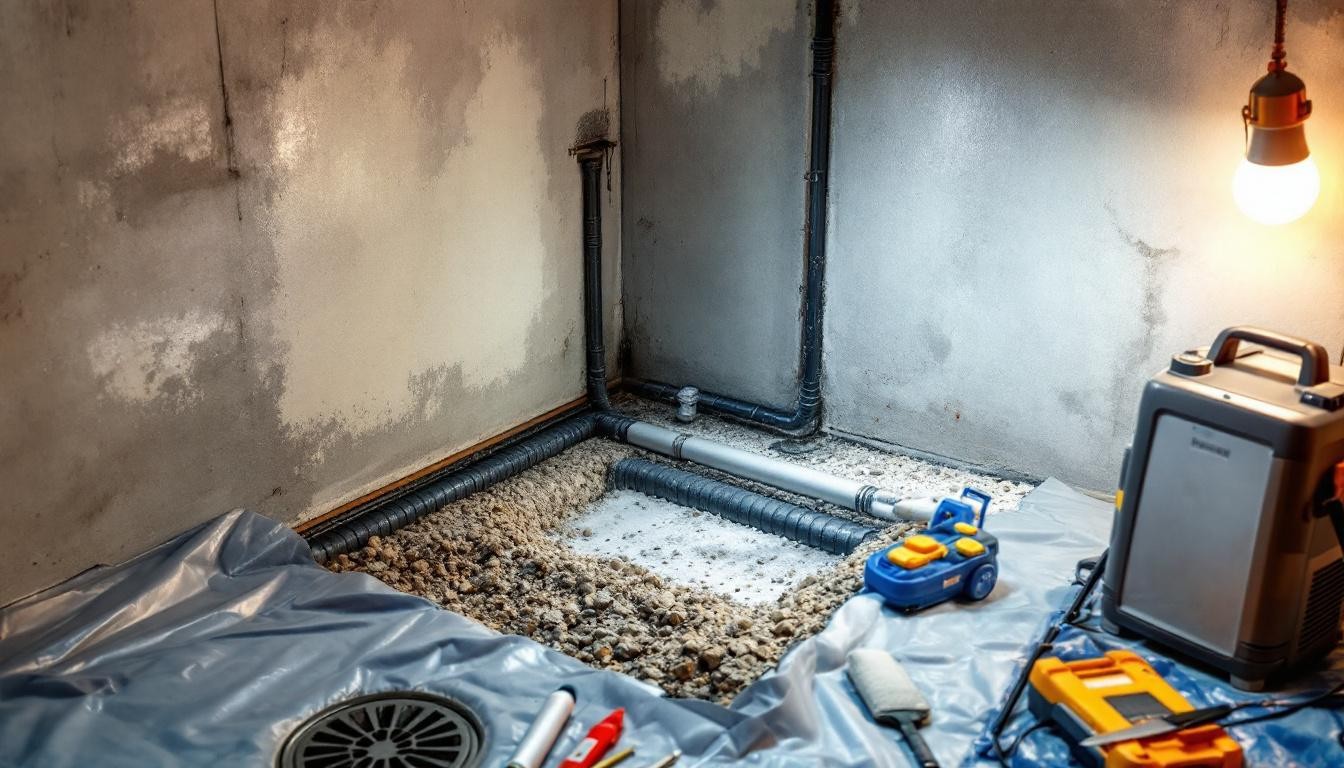
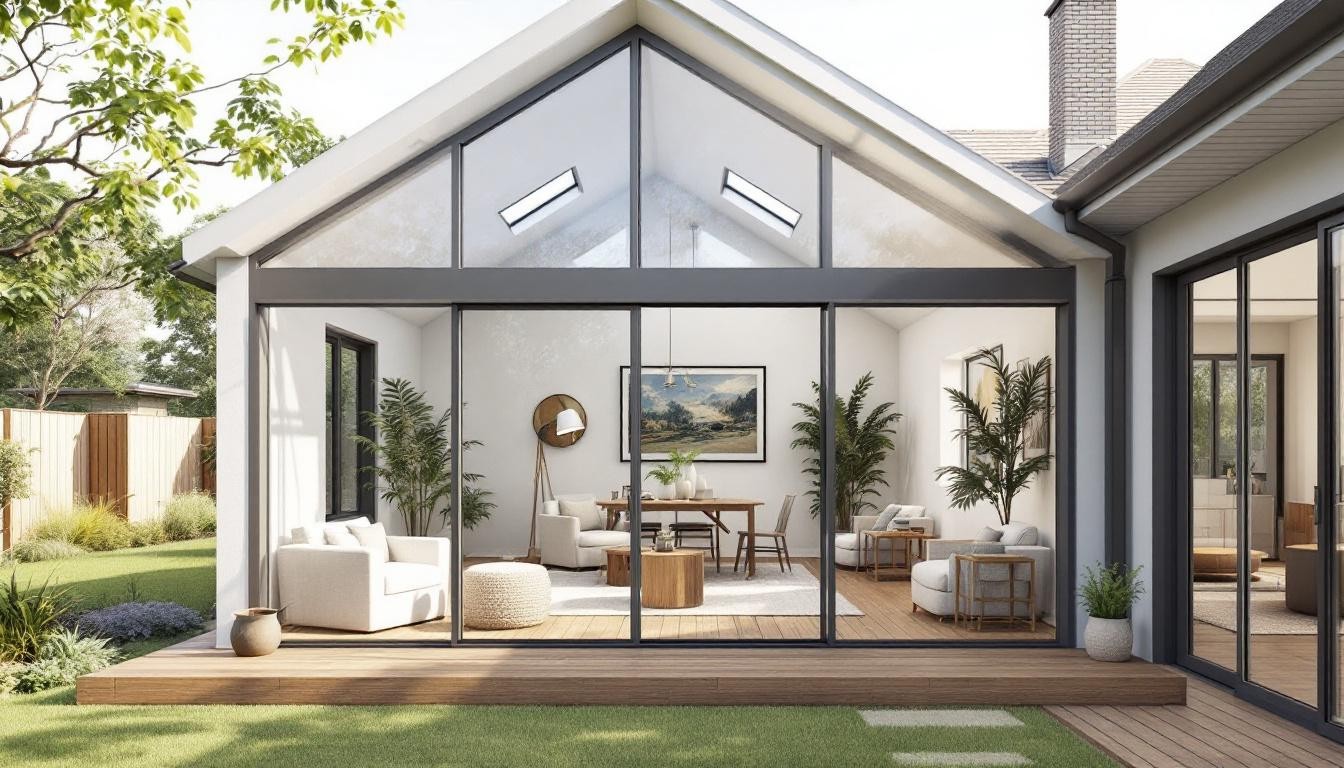

2 Responses